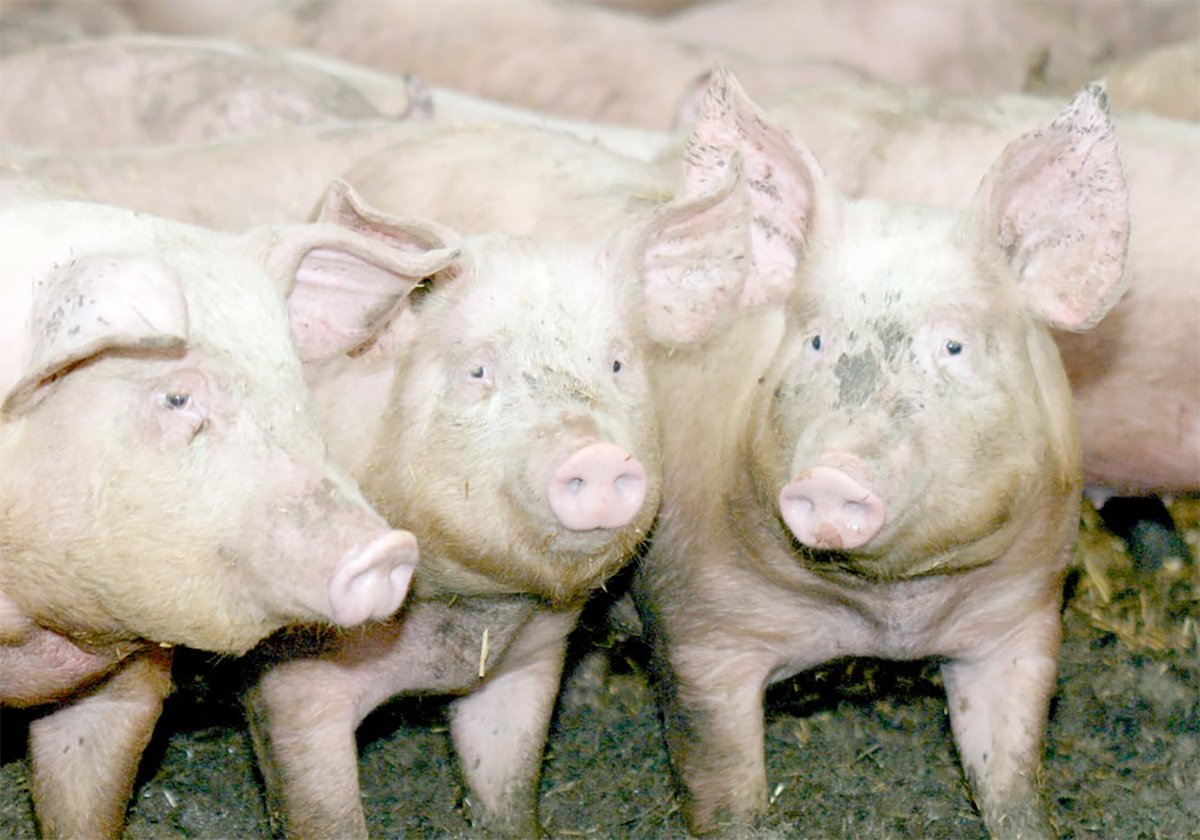Robert Sopuck has a simple and strong message for cattle producers when it comes to dealing with people he describes as condominium conservationists.
“You want to knock these people back on their heels,” said Sopuck, an environmentalist and advocate for active management of landscape who lives in Sandy Lake, Man., 60 kilometres north of Brandon.
Sopuck was in Winnipeg Aug. 13 to speak at the Canadian Cattlemen’s Association annual convention. He told his audience, in colourful language, that the cattle industry is too timid in combating its critics.
Read Also

The Western Producer Livestock Report – November 13, 2025
Western Producer Livestock Report for November 13, 2025. See U.S. & Canadian hog prices, Canadian bison & lamb market data and sales insights.
Sopuck, the vice-president of policy for Delta Waterfowl in Canada, has vigourously defended cattle production in articles in Canadian newspapers.
He said environmental groups like Greenpeace trot out the usual evils when criticizing ranching. They claim that cows are adding to methane in the atmosphere and that meat consumption is an inefficient use of potential cropland.
Those same groups ignore that grazing land prevents soil erosion and provides habitat for ducks, grouse and other wildlife. And contrary to what vegetarians might think, Sopuck said tofu is not a panacea to the world’s problems.
“For the holier than thou tofu eaters out there, your dietary preference encourages the expansion of row-crop soybean production, often at the expense of native grasslands,” Sopuck wrote in a National Post piece, titled “Eat beef if you care about environmental conservation.”
Producers need to step forward and use that kind of aggressive language when defending their environmental record and their industry, he said.
“Just doing the right thing is not enough anymore,” said Sopuck.
He told the CCA delegates to speak up and stand up for the culture of rural Canada.
“Agricultural producers are so bound up in the economics of agriculture. And that’s important … but ask yourself the question, why are we out here? What’s the purpose of agriculture? If the purpose of agriculture is to generate product, then we can let all our small towns die and we can have huge mega-farms …. But on the other hand, there is a great value in preserving the culture of agriculture.”
On top of his challenge to producers, Sopuck had practical advice on how to steer public opinion.
As an active lobbyist for hunting, Sopuck said there is an opportunity for ranchers and wildlife groups to work together.
“I see great potential in an alliance between hunters, anglers and cattle producers,” he said.
Sopuck said hunters in Manitoba have taken media training to learn about message control and other speaking skills. The CCA needs to identify and train producers as spokespersons, he said, in order to present the best faces from the industry.
Mark Campbell, a rancher from Meadow Lake, Sask., liked Sopuck’s message that cattle producers must raise their public profile.
“We do have to market what we’re doing and why it’s important …. We don’t do that very well,” said Campbell, who attended the convention.
He wasn’t so convinced by Sopuck’s call to go to battle with environmental activists.
“Any time their (environmentalists’) knowledge is refuted, they typically don’t want to have a debate about it,” he said.
One cattle association in Canada has heard Sopuck’s speech before. The Manitoba Cattle Producers Association is running ads on buses in Winnipeg to spread the message that ranchers are stewards of the environment.
Martin Unrau, the association’s chair, said the proactive approach to public relations would hopefully reduce urban concerns about the cattle business.
In his final point to the CCA crowd, Sopuck said the cattle industry must build upon an iconic image of the cowboy. He said the public perceives ranchers as hardworking, independent and courteous. The automobile industry already exploits that image to sell trucks, he said, and cattle producers need to pitch a similar theme to get their message across.
“The beef producers have an enormous reservoir of goodwill in cities. They need to capitalize on that.”















